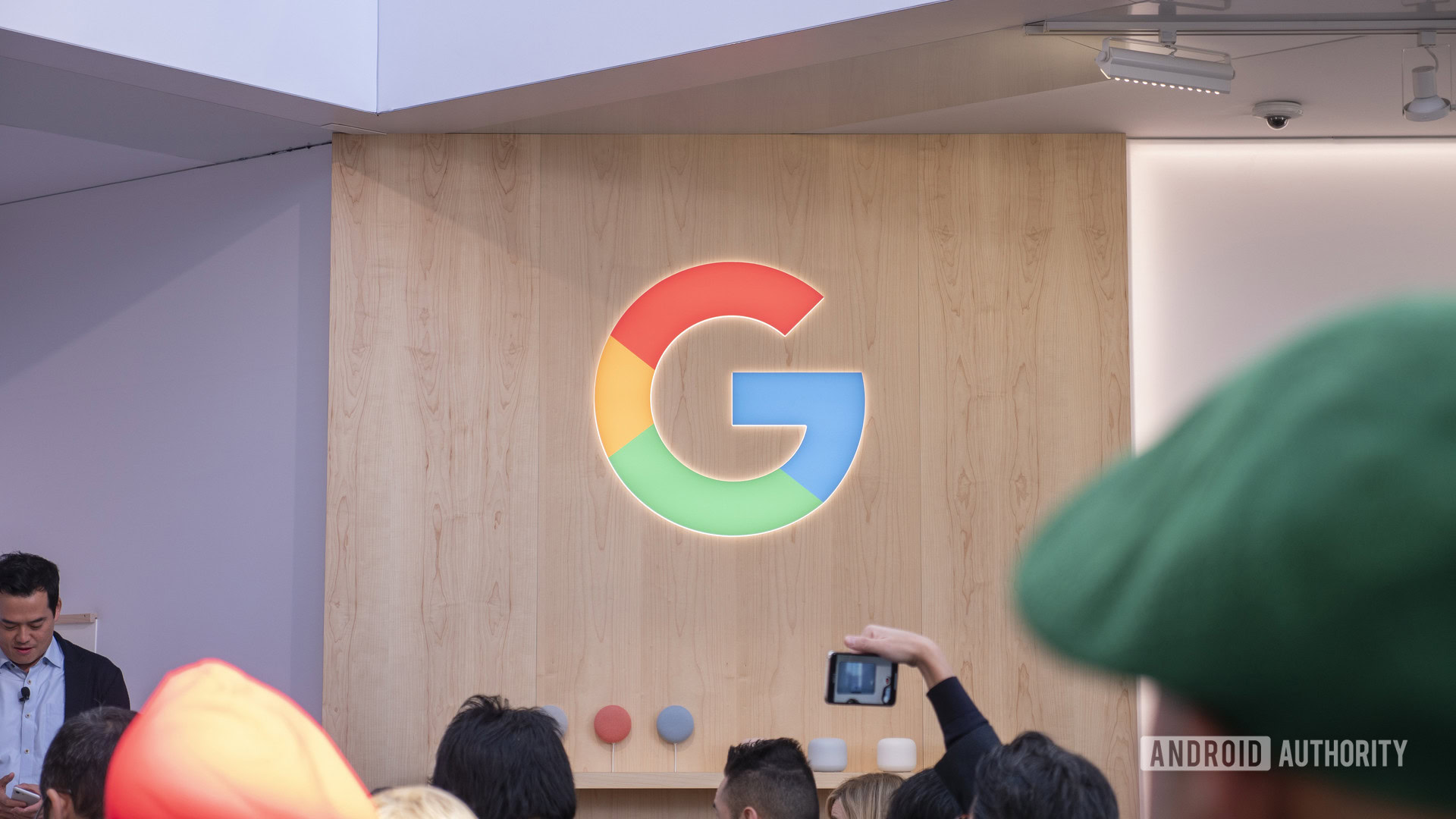Affiliate links on Android Authority may earn us a commission. Learn more.
House finds Google, Apple wield 'monopoly power' that demands changes

- A House Judiciary committee has found that Google, Apple, Amazon, and Facebook all have “monopoly power.”
- The committee recommends “structural separations” and preventing companies from preferring their own services.
- Whether or not these changes take place is far from certain.
The Big Tech hearing in Congress might not have produced much in the way of meaningful answers, but the investigation linked to that hearing might produce significant results. The House Judiciary subcommittee on antitrust has published the results of a 16-month investigation (via CNBC) and found that Google, Apple, Amazon, and Facebook all have “monopoly power” that warrants major changes.
Google allegedly wields a monopoly in search that it enforces through “anticompetitive tactics,” including through Android. The company reportedly abused its power to require phone makers to pre-install its apps and set them as defaults, cementing its leads in search and some app categories. It also exerts dominance through Chrome, Google Maps, and Google Cloud, according to the subcommittee, and used programs like Android Lockbox to track competition.
Related: Android is becoming a monopoly and that could be a problem
Apple, meanwhile, allegedly claimed a monopoly in the app market on iOS devices where it discouraged rival apps and charged “supra-competitive” prices. Amazon’s purported monopoly came from acquiring companies, undermining third-party sellers, and using Alexa to pitch products while collecting user data. The committee accused Facebook of creating a monopoly by acquiring companies like Instagram and WhatsApp expressly to stifle competition, all the while exploiting the network effect to make it difficult to leave.
The House subcommittee recommended serious antitrust action as a result. It called for “structural separations” (not necessarily breaking up companies) and barring dominant platform operators from entering “adjacent” businesses. Politicians also wanted to prevent monopolists from preferring their services over others, to make services compatible with the competition, and to enable data transfers that would help people switch.
Whether or not any of these potential reforms happen is another matter.
Officials asked to change the strategies at antitrust enforcers. The FTC and Justice Department’s antitrust team would have to presume mergers are anticompetitive by default, asking the companies to prove why they wouldn’t hurt competition. The FTC would have to regularly collect data on the concentration of power, too. The government would even bar forced arbitration and limits on class action lawsuits.
Whether or not any of these potential reforms happen is another matter. Republicans have already opposed some of the proposed measures from the Democrat-led investigation, including separations. The House would have to get both the Senate and the President onboard to pass any meaningful legislation. This doesn’t preclude some form of crackdown, however, and the November 3 election could shift the political landscape in favor of strict action.
Google has historically rejected claims of a monopoly and opposed efforts to curb its Android and search policies. If the investigators had their way, it might have to do more to accommodate third-party apps and stores, including those preloaded on non-Pixel phones. That might be good for competition, although that’s not guaranteed — the Play Store and Google apps like Gmail are still considered must-haves for phones in the US, even though there are plenty of alternatives.